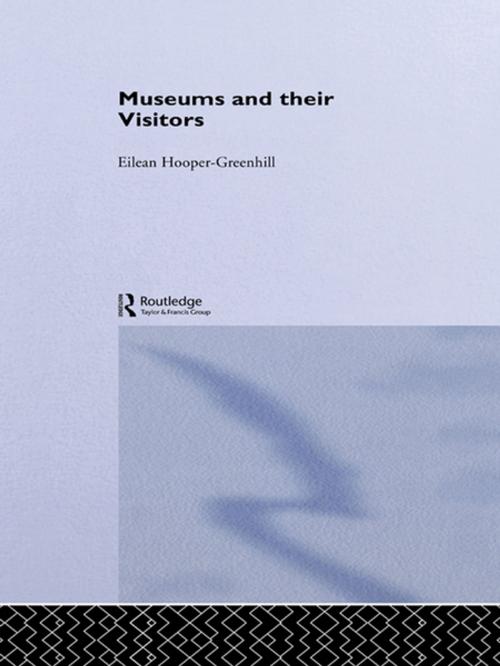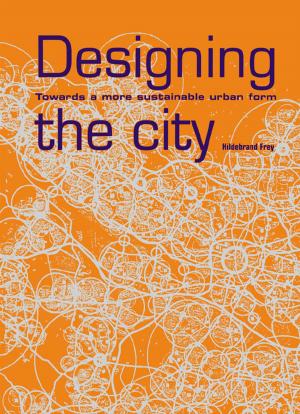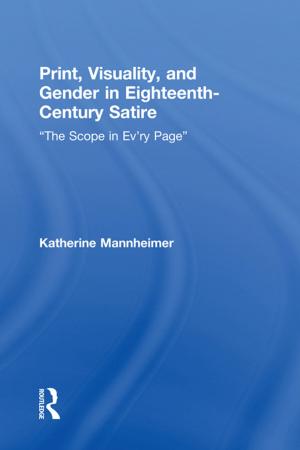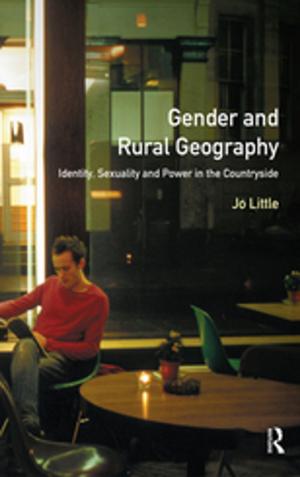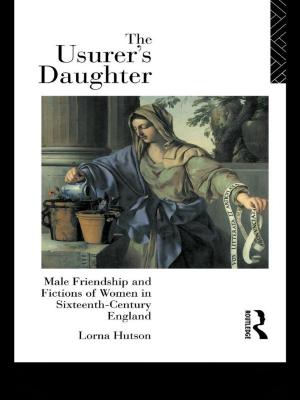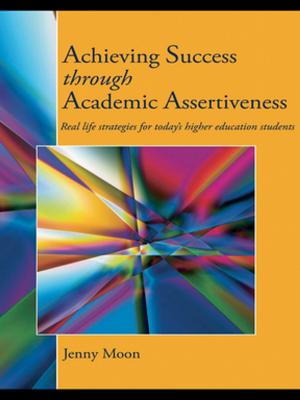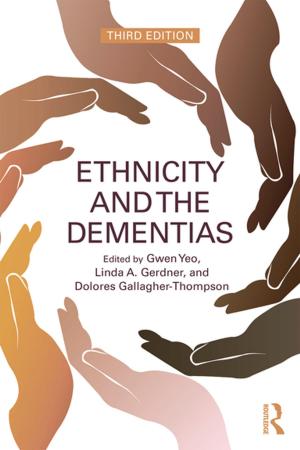Museums and Their Visitors
Nonfiction, Social & Cultural Studies, Social Science, Archaeology, Business & Finance, Industries & Professions| Author: | Eilean Hooper-Greenhill | ISBN: | 9781134915842 |
| Publisher: | Taylor and Francis | Publication: | April 15, 2013 |
| Imprint: | Routledge | Language: | English |
| Author: | Eilean Hooper-Greenhill |
| ISBN: | 9781134915842 |
| Publisher: | Taylor and Francis |
| Publication: | April 15, 2013 |
| Imprint: | Routledge |
| Language: | English |
Museums are at a critical moment in their history. In order to ensure survival into the next century, museums and galleries must demonstrate their social relevance and use. This means developing their public service functions through becoming more knowledgeable about the needs of their visitors and more adept at providing enjoyable and worthwhile experiences.
Museums and Their Visitors aims to help museums and galleries in this crucial task. It examines the ways in which museums need to develop their communicative functions and, with examples of case-studies, explains how to achieve best practice. The special needs of a number of target audiences including schools, families and people with disabilities are outlined and illustrated by examples of exhibition, education and marketing policies. The book looks in detail at the power of objects to inspire and stimulate and analyses the use of language in museums and galleries.
This is the first book to be written to guide museum and gallery staff in the development of provision for their visitors. It will be of interest to students of museum, heritage and leisure and tourism studies, as well as to international museum professionals.
Museums are at a critical moment in their history. In order to ensure survival into the next century, museums and galleries must demonstrate their social relevance and use. This means developing their public service functions through becoming more knowledgeable about the needs of their visitors and more adept at providing enjoyable and worthwhile experiences.
Museums and Their Visitors aims to help museums and galleries in this crucial task. It examines the ways in which museums need to develop their communicative functions and, with examples of case-studies, explains how to achieve best practice. The special needs of a number of target audiences including schools, families and people with disabilities are outlined and illustrated by examples of exhibition, education and marketing policies. The book looks in detail at the power of objects to inspire and stimulate and analyses the use of language in museums and galleries.
This is the first book to be written to guide museum and gallery staff in the development of provision for their visitors. It will be of interest to students of museum, heritage and leisure and tourism studies, as well as to international museum professionals.
